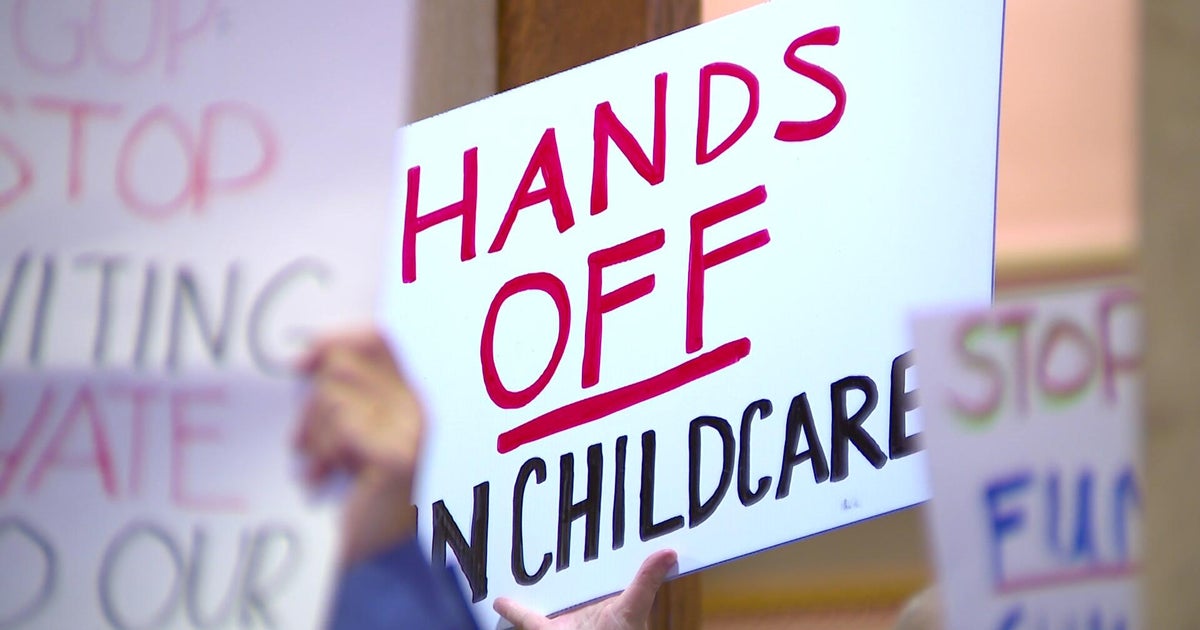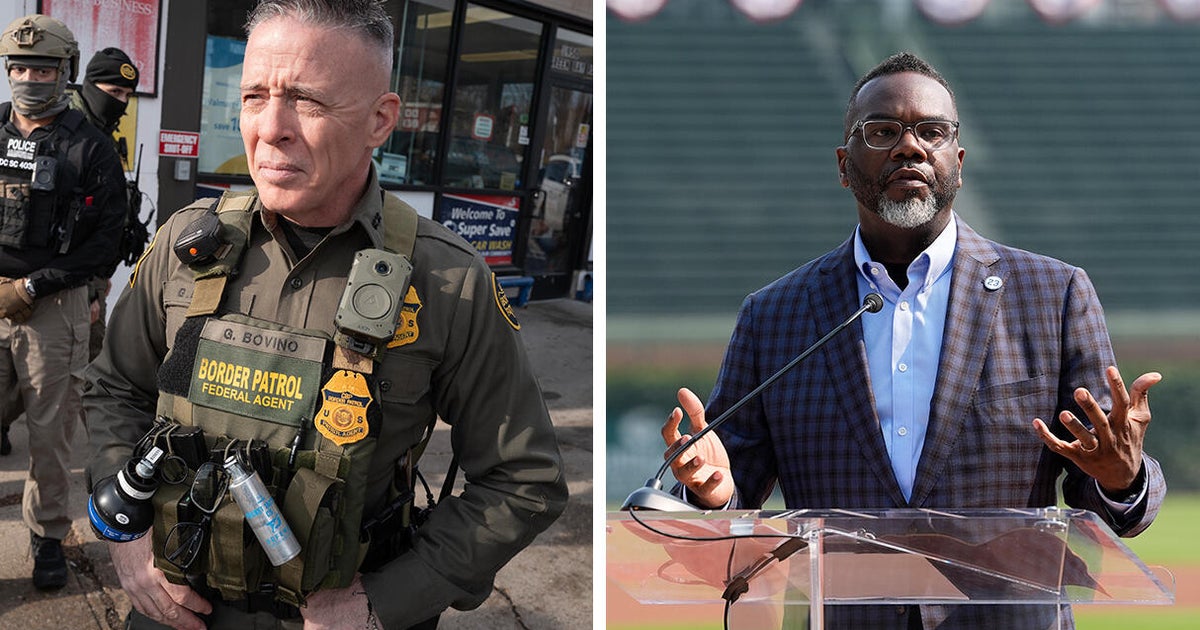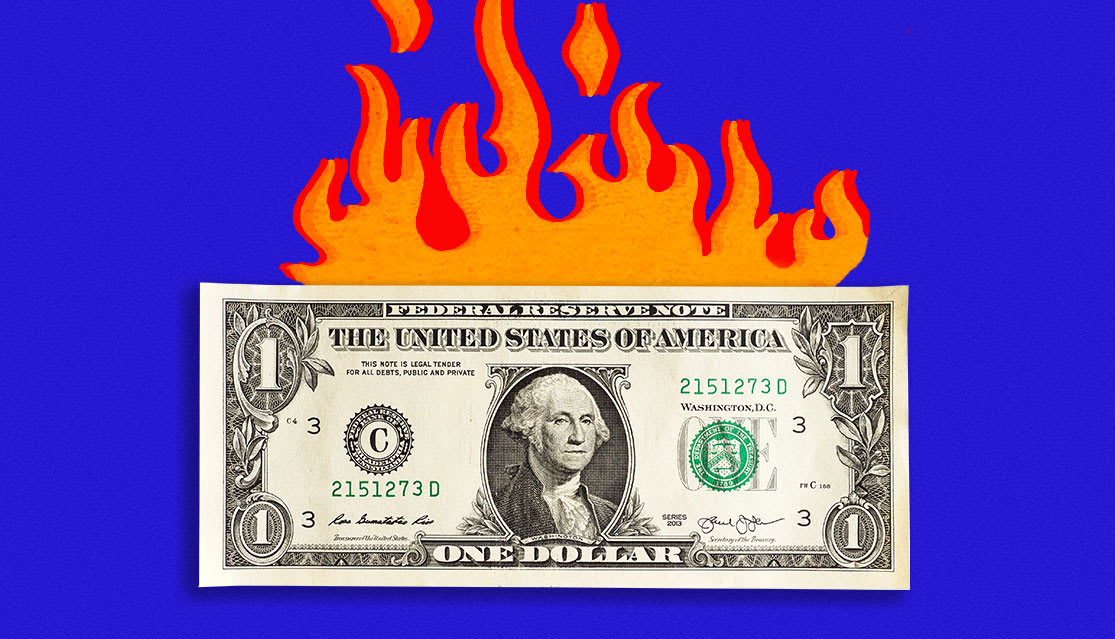Can union members stomach Medicare for All?
Midway through his career as an electrician, Bob Newton watched as his yearly health care costs went up and worried if he would be able to cover the copays on his annual doctors' visits. At the advice of friends, he joined a union, IBEW Local 701 outside Chicago, and he never worried about paying for the doctor again.
"As a union electrician, I got rejected for nothing...I got into it specifically because of the health care benefits," Newton said.
Newton, like many of the nearly 15 million union members across the country, likes the insurance he has now. And union members remain a core Democratic constituency, particularly in the Rust Belt states President Trump flipped in 2016.
But some within the party say that embracing "Medicare for All," which would eradicate most forms of private insurance, will alienate the union rank-and-file that Democrats have long counted on in pivotal states like Pennsylvania and Michigan.
"Unions built America's middle class. Unions will rebuild America's middle class," Sen. Elizabeth Warren says in nearly every stump speech she gives. A former academic who has devoted much of her life to strengthening protections for working Americans, Warren has long been an outspoken supporter of unions. Her campaign is unionized, as are the campaigns of several others in the Democratic field.
Warren is also a proponent of Medicare for All, and said at the last debate that private insurance should essentially be done away with. This worries Newton, who is concerned that it might spell the end of the supplemental insurance his union negotiated for that is coupled with his Medicare plan.
Nearly two-thirds of Democratic voters in early primary states think health care should include a public and private option, not only a public one, a CBS News Battleground Tracker poll found. And some unions have been vocal in their misgivings about the Medicare for All plans pushed by candidates like Warren and Sen. Bernie Sanders.
"We cannot support the notion that our members, who have employer-provided, union-negotiated healthcare, should be forced to give it away in favor of a government-run program," said Harold Schaitberger, general president of the International Association of Firefighters (IAF). "The elimination of employer-based insurance in favor of a Medicare-for-all proposal is bad idea that punishes working families who have been able to secure quality healthcare."
The IAF threw its support behind former Vice President Joe Biden, a defender of private insurance, days after he announced his candidacy. Other Democratic presidential candidates, such as Sen. Michael Bennet, warn that Medicare for All could alienate unions and divide the party.
"Running on a plan that takes Medicare Advantage away from 20 million Americans, running on a plan that takes the healthcare plans away from every single union member in America that's negotiated for their healthcare plan just to me is not a plausible way of unifying Democrats," Bennet told WGBH in Boston last week.
Two dozen interviews with union leaders, voters and scholars suggest that Newton is not alone in his misgivings about Medicare for All. At the same time, it might be a stretch to say that union members won't turn out for a candidate who wants to do away with private insurance.
Gary Burtless, an economist and senior fellow at the Brookings Institute who studies the future of the middle class, says that eliminating private insurance may be at odds with the interests of most union members.
"If you force people into one health insurance plan called Medicare, it does reduce workers voices over the specific contents of the health insurance plan," he said. "Non-union workers are the most who are going to gain the most from this kind of Medicare expansion."
But some activists say those strong private insurance plans come at a cost to unions, which might negotiate better wages for their members if health care weren't a bargaining chip.
"Unions hold the line better, but at the expense often of taking less wage increases," said Andy Stern, president emeritus of the Service Employees International Union (SEIU).
Randy Bryce, an outspoken member of an ironworkers union in Wisconsin who ran as a Democratic challenger to then-Speaker of the House Paul Ryan in 2018, says the current system isn't working. He's supported Sanders since the last presidential election.
"The cost of health insurance is going up to the point where it's almost equal to the amount we make per hour on our check," he said.
Over a half dozen local union leaders said their primary concern in this election is beating Republicans on "Right to Work" laws and getting Mr. Trump out of the White House. Newton agrees, saying he could even vote for Sanders or Warren if they demonstrate that they have the best chance of beating the president.
"There is a big philosophical question of what do people win through collective bargaining," Stern said, "and what do people fight for, policy-wise, for everyone?"





